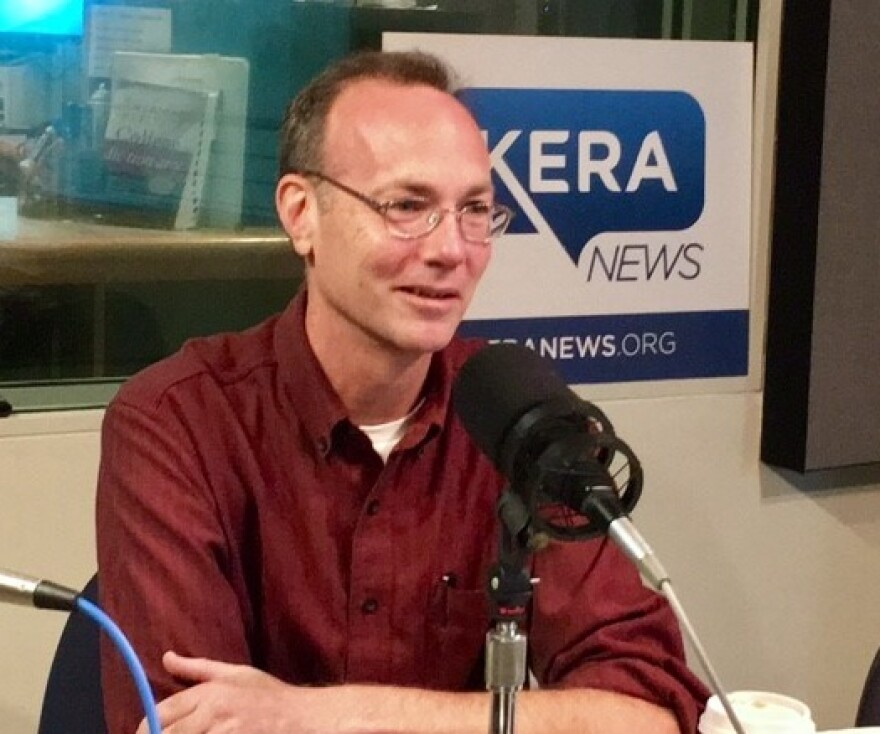In the past week, Donald Trump has suggested the United States election system is rigged as he continues sliding in the polls. The accusation, along with news of a potential voter fraud investigation in Tarrant County, has raised questions about the security of our elections process.
SMU law professor Grant Hayden explained why voters don't need to worry.
Interview Highlights: Grant Hayden...
…On claims of “large-scale” voter fraud:
“There’s almost no evidence for large-scale voter fraud. Justin Levitt [of] Loyola [School of Law, Los Angeles] looked at elections throughout the United States through a ten-year period in which 1.2 billion votes were cast and he only found 31 instances of possible voter impersonation fraud that he couldn’t rule out, so he couldn’t claim that there was actual voter impersonation fraud, he just couldn’t rule it.”
…On the rules on election monitoring:
“Most every state has pretty good regulations on voter monitors. They limit the number, you often times have to register to be a voter monitor. If you’re not a monitor, you’re usually supposed to stay a certain distance away from the polling place so you can’t harass voters.
It is a danger, because you don’t want people walking around, intimidating potential voters by doing things like taking pictures of them, asking them where they live. Virtually anything can scare off a voter.”
…On the voter fraud investigation in Tarrant County:

To the extent that voter fraud exists in the United States, it’s pretty isolated and sporadic but it usually involves absentee ballots.
There were about 20,000 mail-in ballots in the March primaries. 131 of those were “witnessed” ballots – situations where somebody helped somebody else or witness somebody who was unable to sign their form. Of those 131, there were five instances where somebody witnessed multiple instances and within those five, there was somebody who witnessed multiple applications for unrelated persons. You can witness multiple applications under the law for relatives, but not for unrelated persons. That one person came out of a nursing home.
…On his biggest worry about the election:
“My biggest worry about Nov. 8 is that there will be some kind of breakdown somewhere, whether it’s a mechanical breakdown with a voting machine or something like that and it will be immediately picked up upon as something bigger than it is and lead people to believe that Donald Trump’s claims are true that the election is rigged.
In reality, there are always issues when you’re running elections and that worries me a little bit because you want people to have confidence in their election system, and they should in the United States.”
Grant Hayden is a law professor at Southern Methodist University.







